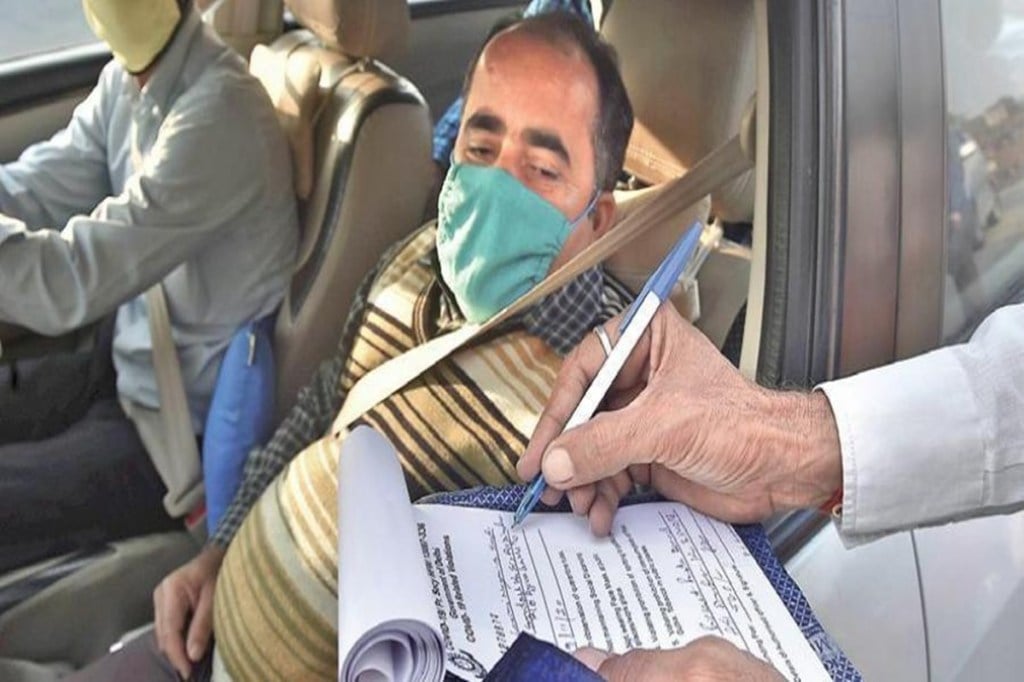The interpretation of the many laws in force by the courts can lead to situations where the judiciary might seem to contradict itself. One such situation has arisen from the pronouncements by the Delhi High Court and the Supreme Court on whether your car is a private or a public place. In Saurabh Sharma & ors (2021), the Delhi High Court had to adjudicate on whether a private car is to be considered a public place for enforcing of rules on compulsory mask-wearing against the backdrop of the pandemic.
It ruled that a private car was indeed a public place; in the context of Covid-appropriate behaviour and routes of transmission, a person driving alone in their car without a mask, if they were infected and had released droplets of respiratory or oral fluids inside the car, could still end up infecting others who enter the car later.
On the other hand, in Boota Singh vs State of Haryana (2021), the Supreme Court ruled that a car was a private place for the purposes of Section 43 of the Narcotic Drugs and Pyschedelic Substances Act, which deals with the powers of search and seizure in a public place.
The SC ruled that since the car was not something accessible to members of the public, the applicable section would be Section 42 of the Act, which lays down the protocol for search and seizure without warrant; considering this, a private car is to be treated as a private place. Against this backdrop, the knotty question is: How will the courts look at removing masks to consume contraband substances in a car?

